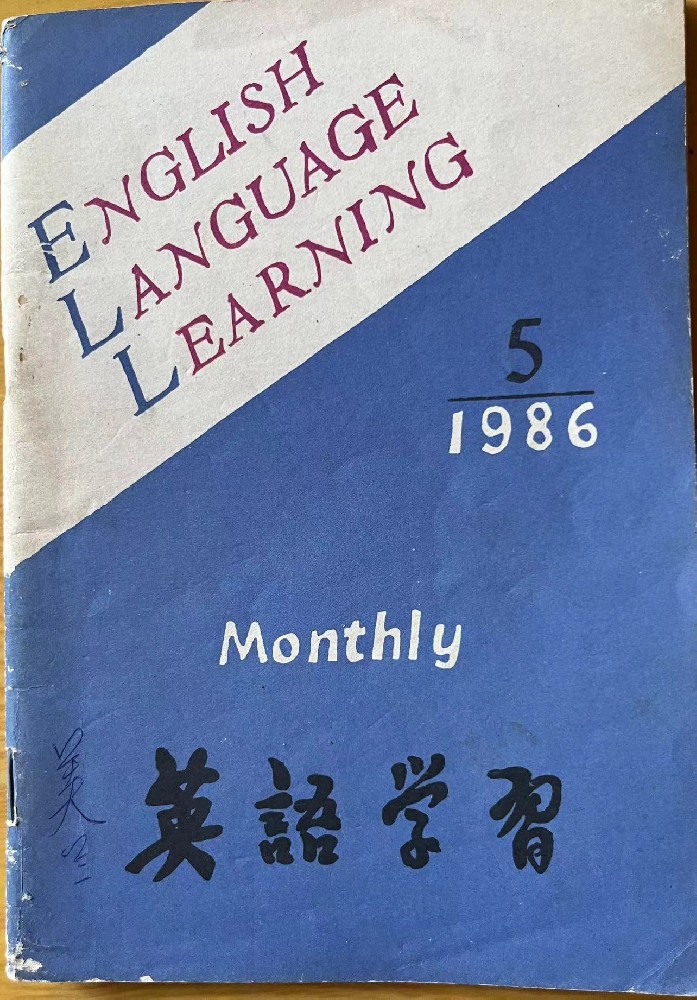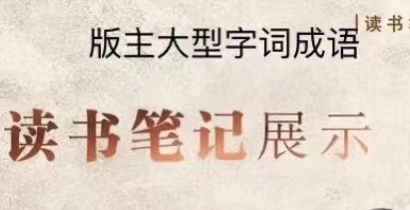1. 当泛指人体某部位而不是特指某一具体人的身体部位时,用定冠词。
Drugs have a tendency to dull the brain and affect the heart.
Scientists tell us that the eye has developed from a sensitive nerve spot.
2. 当特指某一人(或某些人)的身体部位时,通常用物主代词。
She has cut her finger.(not the finger)
Hold out your hand.(not the hand)
My brother has broken his leg.(not the leg)
The children were sent to wash their hands.(not the hands)
人体部位往往是成对出现的,特指成对部位的那一个时,也可用定冠词
He had a scar on the right cheek.(or his)
He is slightly lame in the left leg.(or his)
3.如果特指的某人(或某些人)已经在句中充当动词的直接或间接宾语,共身体部位的名词前就要用定冠词。
His assailant hit him on the head with a stick.
He refused to look me in the face.
I gave him a punch on the nose.
4. 同样,在被动语态中,特指的某人(或某些人)充当主语,其身体部位名词前也只能用定冠词。
The victim had been stabbed in the back with a degger.
The prisoner was chained by the ankle to a log of wood.
He was kicked on the shin with playing football.
5. 病名牵涉到的身体部位名词前要用定冠词。
cancer of the lung
hardening of the arteries
inflammation of the throat

Exercises:
用适当的物主代词或定冠词填入空白处:
1. If you know the answer put up ______ hand.
2. When she fell off her bicycle she injured ______ arm.
3. The stone struck him on ______ knee.
4. As he went to kick the ball he supped and twisted______ankle.
5. He gave me a dig in______ribs.
6. Sheila is suffering from a cold in ______ head,
7. I have cut ______ finger on a piece of glass.
8. Tile dog was wagging ______ tail
9. The policeman grabbed the thief by______arm.
10. Reading in a poor light may injure______eyes.
11. The intruder could not be recognized as he has a mask over ______face.
12. Excessive smoking is thought to cause cancer of ______ lung.
13. You should always give ______ mind to the work you are doing.
14. Reading broadens ______ mind.
15. There are some people who write with ______ left hand.
16. The mother was carrying a baby in ______ arms.
17. He was struck on ______ head by a piece of failing masonry.
18. It has been said that great thoughts arise from ______ heart but emerge from ______ head.
I9. Unless you have something sensible to say, you had better hold ______tongue.
20. The porter was carrying a heavy burden on ______ back.
answers to exercises:
1. your 2. her 3. the 4. his 5. the 6. the 7. my 8. its 9, the 10. the, your 11. his 12. the 13. your 14. the 15. their (or the) 16. Her 17. the 18. the, the 19. your 20. his
外语教学与研究出版社《英语学习》编辑委员会 5/1986









